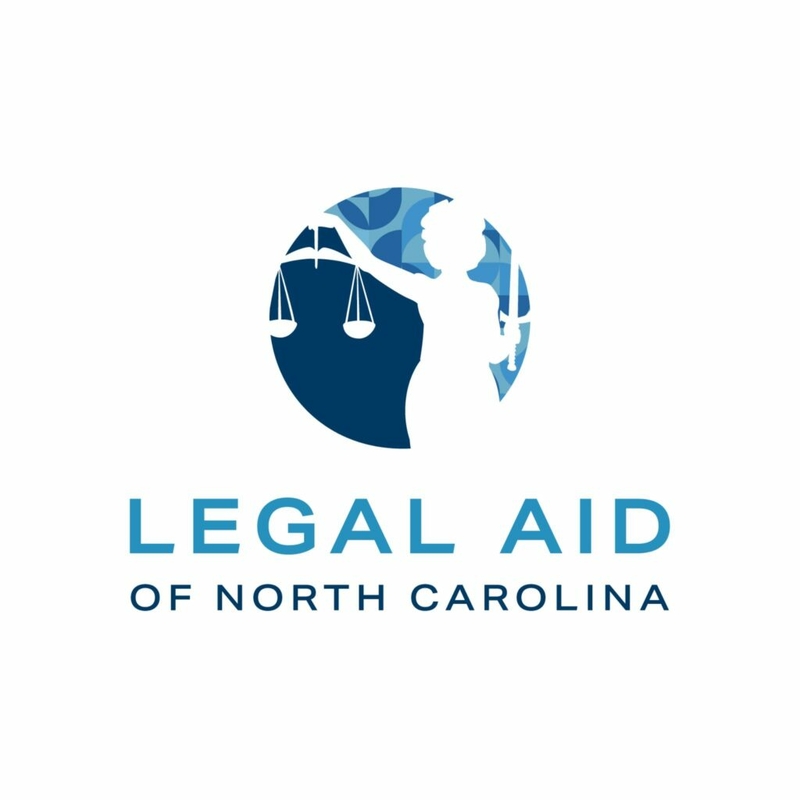Legal Aid lawyers carved out of tuition assistance program in latest budget

Under the latest state proposal budget, the North Carolina Legal Education Assistance Foundation would still provide tuition assistance for prosecutors and public defenders — but not Legal Aid lawyers.
The carveout, located on page 413 of the most recent version of the state budget Republican lawmakers will vote on this week, restricts NC LEAF funds from going to attorneys working for Legal Aid of North Carolina, Inc. (LANC), a statewide nonprofit law firm that provides free legal services in civil cases to the poor. In 2022, LANC’s 230-plus attorneys provided legal services to 22,745 people, benefitting 55,166 total individuals.
NC LEAF helps public interest attorneys — like assistant district attorneys and public defenders — pay back their student loans. The organization has provided more than $7,000,000 in loan repayment help to almost 1,500 public service attorneys.
“Participating lawyers devote their careers to traditionally underserved populations of North Carolina. They do so at salaries which are often a fraction of those of their counterparts who work at private law firms,” the website reads. “Yet they face the same educational debt as their colleagues who enter private practice.”
Staff attorneys at Legal Aid in Raleigh make between $50,500 and $83,000 annually, according to job listings on Indeed. The NC LEAF website notes that attorneys at Legal Aid of North Carolina can make as little as $40,100; their average debt, meanwhile, is $100,000.
Attorneys who work for Legal Aid wouldn’t be completely barred from student loan forgiveness. Because they work for a nonprofit, they could qualify for Public Service Loan Forgiveness after 10 years of employment — but not if their loans are from private lenders.
The budget would also require NC LEAF to submit a report in 2025 and 2026 to the Joint Legislative Oversight Committee on Justice and Public Safety, detailing how they spent loan repayment assistance money over the previous year, how many people received that money, and what their job titles and salaries were.
This is not the first time LANC has been in the crosshairs of state lawmakers. The organization’s activities and funding have been targeted in the past by legislators who objected to its representation of farmworkers and tenants in litigation involving agribusiness and landlords. The provision in the current budget proposal does not identify an individual sponsor.








